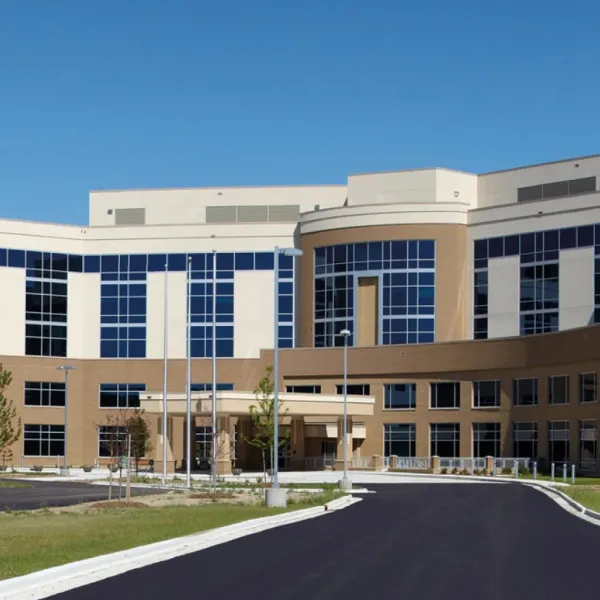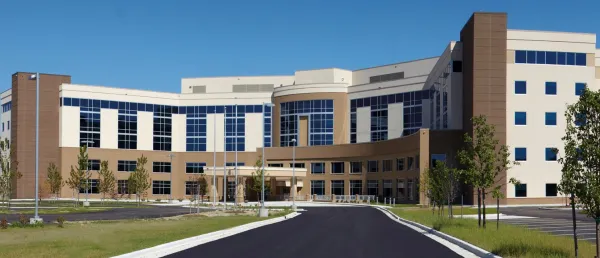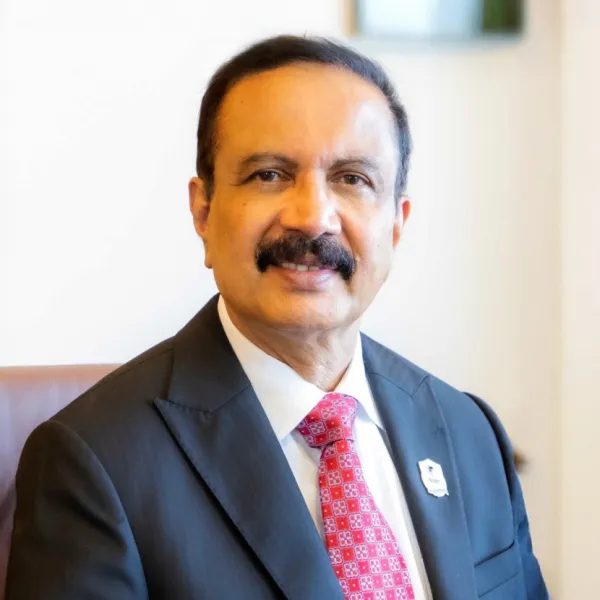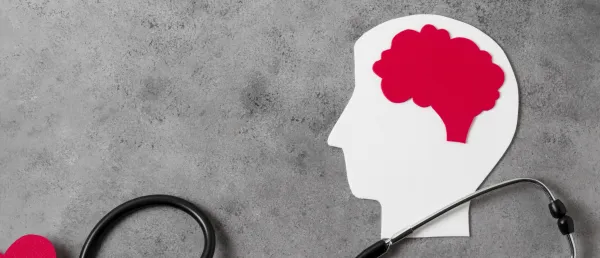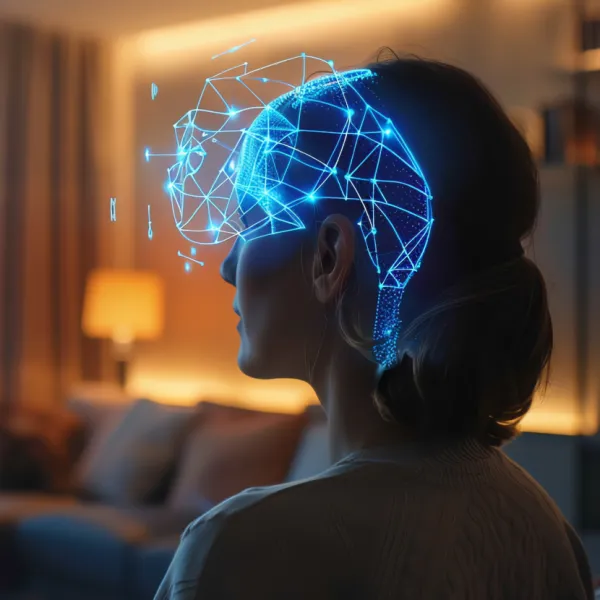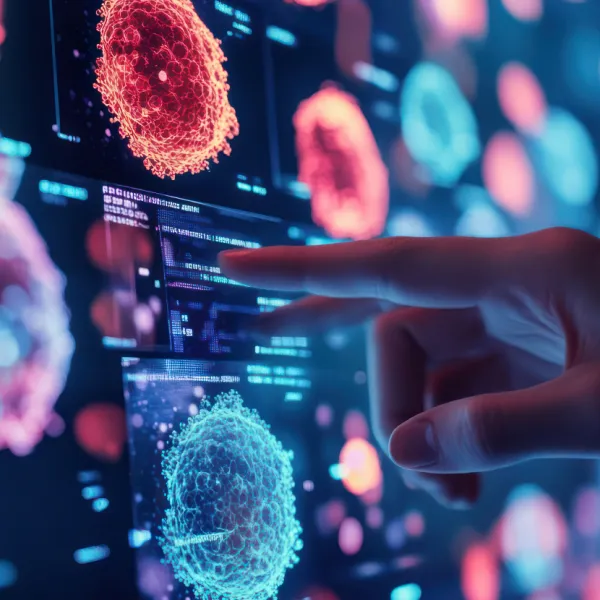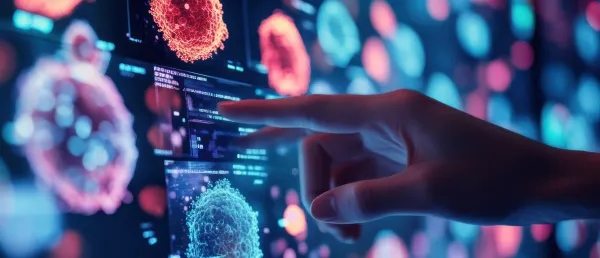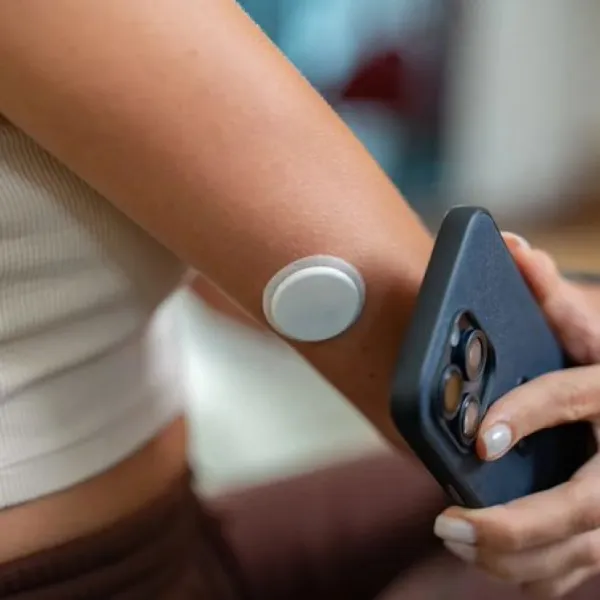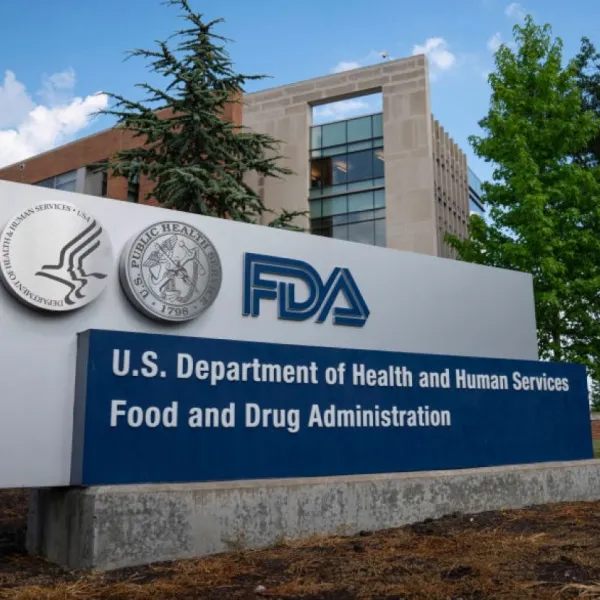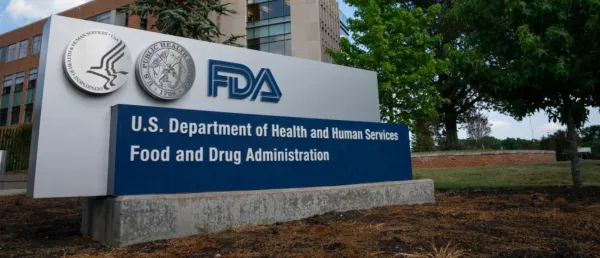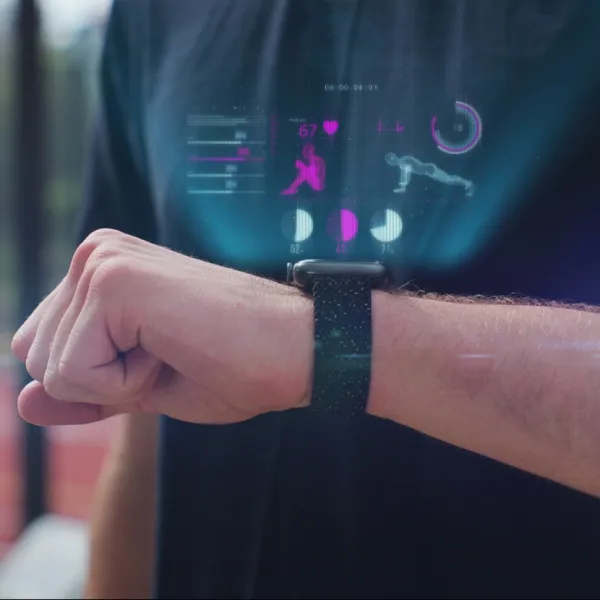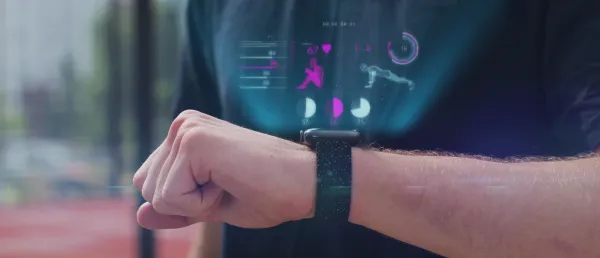NIMHANS Initiates Community-Based Programmes to Combat Mental Health Stigma

This initiative seeks to create an environment where individuals feel comfortable seeking help without fear of judgment, ultimately improving mental health outcomes across the state.
In collaboration with the National Institute of Mental Health and Neurosciences (NIMHANS), the Karnataka government has launched community-based programs to reduce the stigma surrounding mental health issues.
This initiative seeks to create an environment where individuals feel comfortable seeking help without fear of judgment, ultimately improving mental health outcomes across the state.
NIMHANS continues to focus on mental and neurological health as a vital component of overall health.
The institute provides specialized training for healthcare professionals and implements awareness programs designed to address the stigma surrounding mental health issues.
Karnataka Brain Health Initiative
A significant development in this effort is the approval of a hub-and-spoke model for acute stroke and neurotrauma care under the Karnataka Brain Health Initiative (Ka-BHI).
This model aims to reduce the burden on patients who currently must travel long distances for emergency treatment. A pilot project will commence at KIMS Hubballi, with plans to expand to other medical colleges throughout Karnataka.
Since its inception in 2022, NIMHANS has worked alongside the state health department to provide counseling to over 7,000 individuals through the 'Urban Self-Harm Study' (USHAS) project, targeting those with a history of repeated suicide attempts or self-harm behaviors.
Strengthening Mental Health Initiatives
At a recent event, Dr Sharan Prakash Patil, said, “Regarding mental health, Karnataka is ahead of the curve. Several innovative programs have been introduced, such as the Taluk Mental Health Programme, Care at Doorstep initiative, Manochaitanya clinics, e-MANAS software, and the Karnataka Kishora Swavalamban Programme (KKSP). Many of these initiatives were conceptualized here at NIMHANS and are also being adopted by other states. Therefore, NIMHANS leads the way in mental healthcare in India.”
Dr Patil highlighted the role of NIMHANS in addressing neuropsychiatric disorders through innovative care models.
He noted that the current generation of healthcare professionals is equipped to tackle mental health challenges.
“Ka-BHI focuses on improving neurological care across the state, and NIMHANS is at the forefront as the apex center. The initiative ensures that neurological services are accessible through brain health clinics at the district level and specialized care at all primary and secondary healthcare centers, extending even to the state’s most remote regions,” he added.
Dr Patil also acknowledged various collaborations between the Karnataka government and NIMHANS, including dementia care initiatives and delivering mental health services directly to individuals’ doorsteps.
He commended NIMHANS for its role in providing mental healthcare and psychosocial support, especially during the COVID-19 pandemic, and praised its leadership in mental health research and public awareness initiatives.
Stay tuned for more such updates on Digital Health News.
Stay tuned for more such updates on Digital Health News







